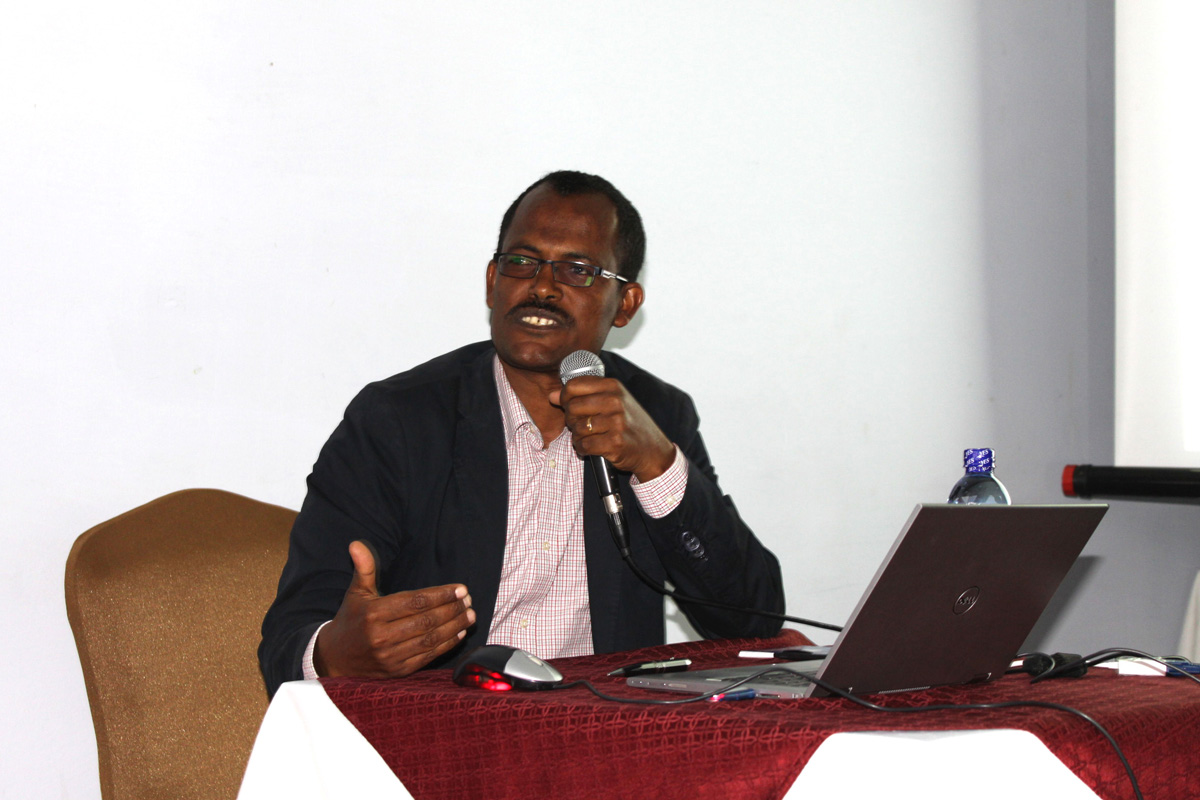
Public forum was held on Friday, the 20th of May 2016 on assessing the opportunities and challenges of the private sector in IGAD region
Start Date
20/5/2016
End Date
20/5/2016
Venue Location

Background
The Horn Economic and Social Policy Institute (HESPI) a regional think tank that focuses on research and institutional capacity building to enhance policy formulation and implementation in the Inter-Governmental Authority for Development (IGAD) Regional Economic Community. The sub region comprises 8 member states with combined GDP of USD 218 billion and population of 250 million (World Bank, 2015). The region has been characterized by low socio-economic performance for many years, but has experienced a turnaround in the last two decades when most countries recorded an appreciable economic performances. Since the year 2000, these economies have grown at annual average rate of 5.9 percent.
But despite the overall picture, the role and the contributions of the private sector has been limited, at best. For instance, according to Stampini et al. (2011) estimates, while private sector consumption in the IGAD region constituted about 76% of GDP private sector investment only averaged about 14% of GDP. This indicates, despite the overall recent economic turnaround, a lot remains for the private sector in the region to catch up with the rest of the world.
Policy forum and its objective
To improve knowledge generation and dissemination, HESPI has instituted a public policy forum series, which brought together policy makers, academicians, professionals, and representatives of the private sector and civil society to discuss issues of common regional and/or country specific importance. The Public forum was held on Friday, the 20th of May 2016 on assessing the opportunities and challenges of the private sector in IGAD region.
The objective of this public forum was to explore, as much as the available data permits, the socio-economic landscape of the IGAD region as a whole in terms of opportunities and challenges the private sector faces. In particular, this public forum focused on the state of development of the private sector as measured by profitability, business expansion, available incentive structures and overall performance. It also assessed the main bottlenecks (financial, legal, political, administrative, infrastructure, tariff and non-tariff structures) that have hindered, its day-to-day operations and its overall progress.
